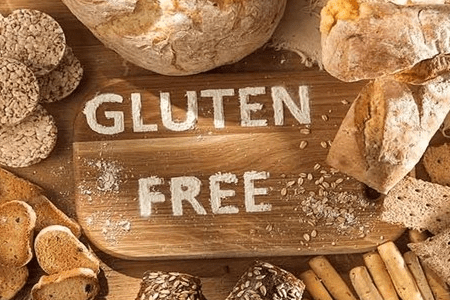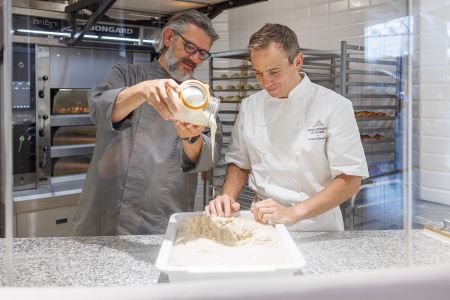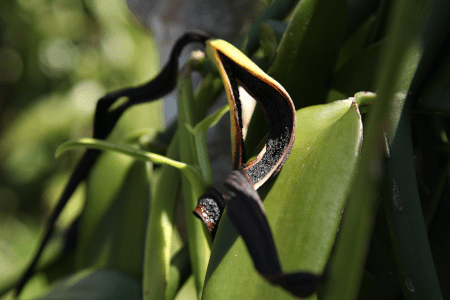Battling against food waste is no easy task. Editor Caitlin Gittins speaks to bakery businesses about what they’re doing to address this
According to The Waste and Resources Action Program (WRAP), it estimates that food waste from the UK food and drink manufacturing sector measures at 1.7 megatonnes with 51% of this waste (870,000 tonnes) being ‘avoidable’. 10% of these figures comes from the bakery, cake and cereals sector, for whom the issue of food waste appears as an ongoing issue, both from an environmental standpoint and from a profitability perspective.
In general, bakery businesses are becoming more mindful about the way in which they operate. “In today’s day and age sustainability must be a mainstay for any business and we try hard to do our bit,” says Kathryn Bricken, Owner of Doughlicious. “We work hard to identify where our raw materials are grown and the carbon footprint they incur … We work hard to manufacture clean-label products with whole grain, better for you ingredients and no artificial preservatives.”
“Achieving sustainability targets isn’t easy,” says Nicholas Bervan, Sustainability Director at Baker & Baker, because “there is a careful balance to be struck in delivering sustainability enhancements versus adding more cost to the bottom line. During the current cost-of-living crisis … retailers and manufacturers have sought to make progress against sustainability goals whilst ensuring such steps do not add further, noticeable bumps to the retail price point.”
Ingredients play a big part in ensuring sustainability in the bakery industry as it’s the storing, measuring, mixing and processing of these ingredients into the end product where wastage can occur. For tackling the level of acrylamide in baked goods, for example, enzymes can prove a clean label solution to reducing levels. “Enzymes are cookie producers’ not-so-secret weapon for tackling multiple consumer demands at once – from sustainability to an improved nutritional profile,” says Kees Veeke, Technical Service Manager Baking & Confectionery, DSM. “What’s more, because they are classed as a ‘processing aid’ rather than an inclusion, they help keep ingredient lists short, clean and familiar to consumers.”
Under the broader umbrella of sustainability sits food waste. How to tackle the looming issue of food waste continues to be an ongoing problem for the bakery industry. Some businesses have taken to recycling leftover ingredients – ‘scraps’ – to either be used to produce the same baked good or for an entirely different one. Fully automated rework systems such as CEPI’s offerings operate by feeding the end product back into its system, where it can be reworked to produce other ingredients, such as breadcrumbs for croutons. Pipeline product recovery systems (or, ‘pigging’ systems) are another strategy to cut waste, as residue left over from liquid ingredients such as icings, toppings or cream can often go to waste as bakeries have no way of recovering, by using a ‘pig’ which forces any residual liquid out of the nozzle.
On a production level, ensuring equipment is in tip-top shape will go a long way, as some of the most common reasons cited for food waste on the factory floor relate to equipment failure and equipment repair…
Read the full feature in our free to download magazine.
Never miss a story… Follow us on:
![]() International Bakery
International Bakery
![]() @int_bakery
@int_bakery
![]() @Bakeryint
@Bakeryint
Media contact
Caitlin Gittins
Editor, International Bakery
Tel: +44 (0) 1622 823 920
Email: editor@in-bakery.com






